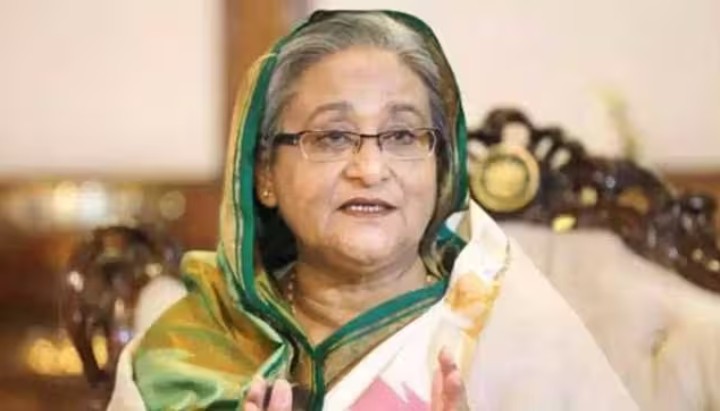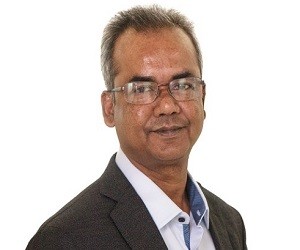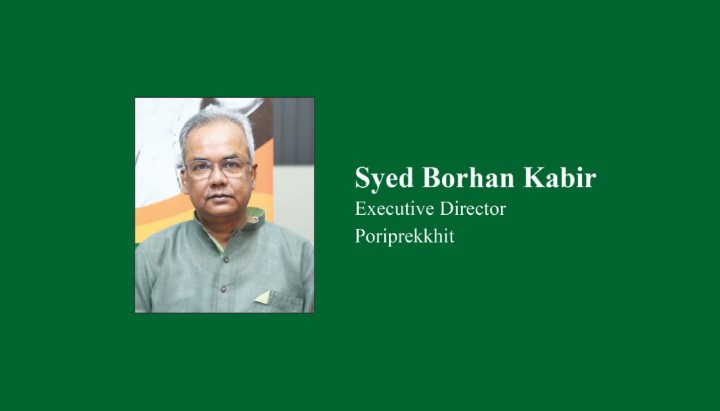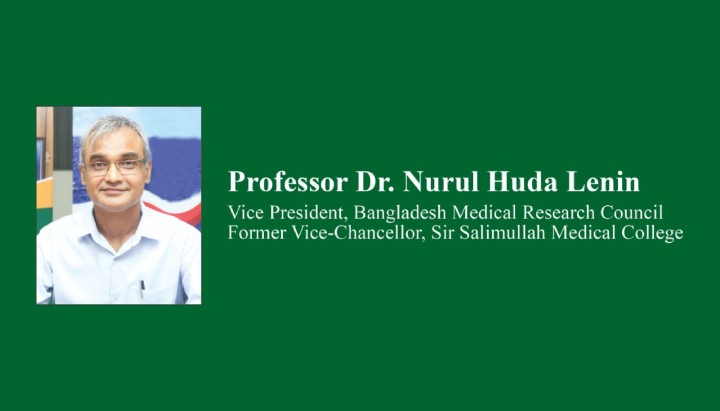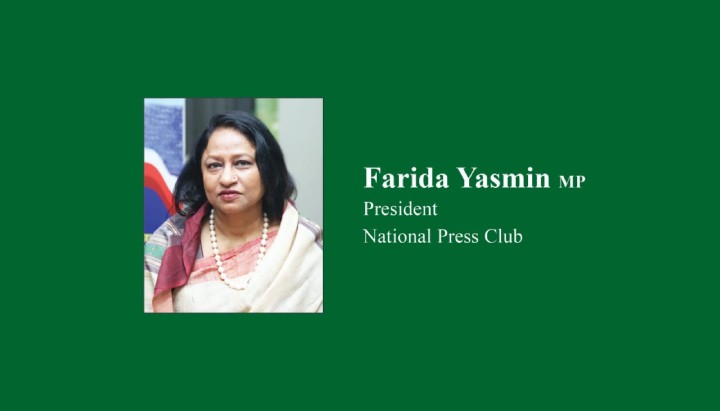Bangladesh goes to the polls in January 2024.
The elections are crucial for not only the erstwhile East Pakistan, but India
as well. It is important that the secular forces remain in power and not pave
way to the barrack politics backed by radical Islam. Such a prognosis makes
sense when the geopolitics of the region is taken into account. The return of
the anti-liberationist forces of 1971 would sound the death knell to Bengali
nationalism that had characterised the triumph of culture over religion.
The Indian stand has always been to support the
secular forces in Bangladesh. After all, India ably aided the liberation of
Bangladesh. It must also be said that the secular half of Bangladesh is
pro-India and it stands to reason that Sheikh Hasina—who leads the secular
constituency—would be supported by India.
Furthermore, the return of the
anti-liberationists would be detrimental to India’s security, especially in the
North East. Memories of Indian insurgent groups such as the United Liberation
Force of Asom and the National Democratic Front of Bodoland billeting themselves
in Bangladesh and hitting out at Indian interest with impunity are still fresh.
Bu the manner in which Hasina handed over almost the entire leadership of the
belligerent groupings when she came to power merited appreciation. While it is
true that certain Islamist outfits have also entered Assam and thereabouts in
recent times, the fact of the matter is the continuance of Hasina is vital for
India. Under the circumstances, New Delhi has to ascertain Hasina’s return.
On the other hand, observers of South Asian
geopolitics have commented about the manner in which the US is showing interest
in the upcoming Bangladesh elections. Congressmen from the US have visited
Dhaka and there was a visitation by the US state office’s coordinator on global
anti-corruption. It has also been reported that the director of the US
Indo-Pacific Command will be visiting Bangladesh in August.
Although there has always been interest in
Bangladesh by the US even before its inception in 1971, the concentration of
foci of the present calls for analysis. This is especially so as there is
speculation that the US is intending a “regime change” that would suit its
geopolitics in the region. As a matter of fact, Bangladesh Prime Minister,
Sheikh Hasina has herself voiced concern stating that “Washington is working to
bring an undemocratic party to power in Bangladesh in the upcoming election”.
The history that pertains to US-Bangladesh
relationship, especially after the latter’s liberation is mired in high-grade
subterfuge. Indeed, one has to only peruse the celebrated book “The Blood
Telegram” by Gary J Bass in order to catch the manner in which the US turned a
blind eye to the conspiracy that led to the assassination of Sheikh Mujibur
Rahman. Bass has documented the manner in which Archer Blood, the US Consul
General in the early 1970s, sought to cable Washington about the genocide that
was being committed in the “East” by Pakistan. Bass also writes about how the
1975 putsch and the massacre of the Bangabandhu’s family was shelved by the Nixon-Kissinger
duo.
It is no longer a matter of debate that the US
openly supported Pakistan in 1971. The renewed US interest in the erstwhile
East Pakistan clearly showcases that the US wants the Bangladesh Nationalist
Party (perhaps backed by Islamist radical elements) to win. This is “global
policing” at its worst.
But it is also true that there are two
Bangladeshs. A pre-1971 grouping continues to be loyal to the founding
principles of Bangladesh. However, there has been an emergence of a new
formation which is largely from the post 1971 era. This assemblage identifies
itself with Pakistan and even the global Salafi movement that is attempting to
storm troop across the world. But Sheikh Hasina’s dispensation acted swiftly
against the anti-liberationists and executed quite a few of them.
However, recent events have witnessed a
somewhat changed Bangladesh with not only a section of its population once
again raising its ugly head by way of attempting to identify itself with
Pakistan and the global salafi movement that the world has been witnessing, but
with even a section within the Awami League seeking to tilt the balance in
favour of anti-India powers.
It is in this context that J N Dixit’s
prophetic words about maintaining “a certain amount of distance from India” by
balancing Bangladesh’s polity by reaching out to anti-India forces such as
China and Pakistan might be viewed.
It must be understood that there is no
political opposition to Sheikh Hasina inside the Jatiya Sangsad with the main
opposition political party Bangladesh Nationalist Party having only seven seats
as opposed to the overwhelming 302 that the Awami League has. While the huge
majority that her party has in the parliament has made Sheikh Hasina the
“unquestioned leader” in the mould of her father, Sheikh Mujib-ur-Rahman who
was assassinated on 15 August 1975, there is apprehension that all may not turn
out to be well post January 2024 and the next Bangladesh polls.
It must also be understood that Hasina may be
under pressure—as aforesaid—from “Closet Chinese” within the Awami League.
Empowering her and the leadership that would take over the reins after her exit
should be uppermost in the minds of security managers in New Delhi. India
cannot afford the construction of a Chinese “string of pearls” around her neck
nor a 1975-like scenario when it lost all ground to anti-liberationist forces
that Indian soldiers had fought for and alongside the Mukti Bahini.
In any event, analyses has it that the January
2024 elections would primarily be contested on the plank of (a) development (b)
health and (c) Sheikh Hasina’s ability to reach out to secular Bangladesh
including the Hindu, Christian and Buddhist populations and assure them that
the Awami League would protect their interest. The minorities of Bangladesh
have never wavered from their loyalty to Hasina.
Proximity to India, on the other hand, has not
gone down well with Pro-Pakistan elements, and there is apprehension that the
Inter Services Intelligence of Pakistan would not only be funding such a constituency,
but actually help rally political parties such as the Bangladesh Nationalist
Party and Hifazat Andolan Bangladesh to fight Sheikh Hasina as one.
Not long ago the International Republic
Institute published a study that showcased Bangladesh’s economic, political and
societal dynamics. The research underscored the fact that although the
Bangladesh citizenry has been unenthusiastic about the state of the economy and
elections, the Awami League government’s policies on development have shored up
considerable support for Sheikh Hasina. Health continues to be an important
plank where observers feel that more needs to be done, especially as disease
such as Dengue needs to be battled with greater resolve.
The security managers in New Delhi—it is
certain—have made a careful study of the politics of Bangladesh and the manner
in which extra-regional power play may affect the poll outcome. However,
confidence must not pave way to complacence. India aided the formation of
Bangladesh in 1971. It was a decisive victory and Pakistan (and even the US
which had sought to help Pakistan) was made to eat humble pie by a determined
India. But it has also to be remembered that five years later—in 1975—both
secular Bangladesh and India lost ground that they had achieved.
Bangladesh goes to polls five months from now.
It is important that no stone is left unturned to ensure that Sheikh Hasina
continues to be in the seat of power. Inability to do so would only be at
India’s peril.
Writer: Jaideep Saikia
(The writer is a conflict theorist and
bestselling author. The views expressed are his own. Views expressed in the
above piece are personal and solely that of the author. They do not necessarily
reflect Firstpost’s views.)


